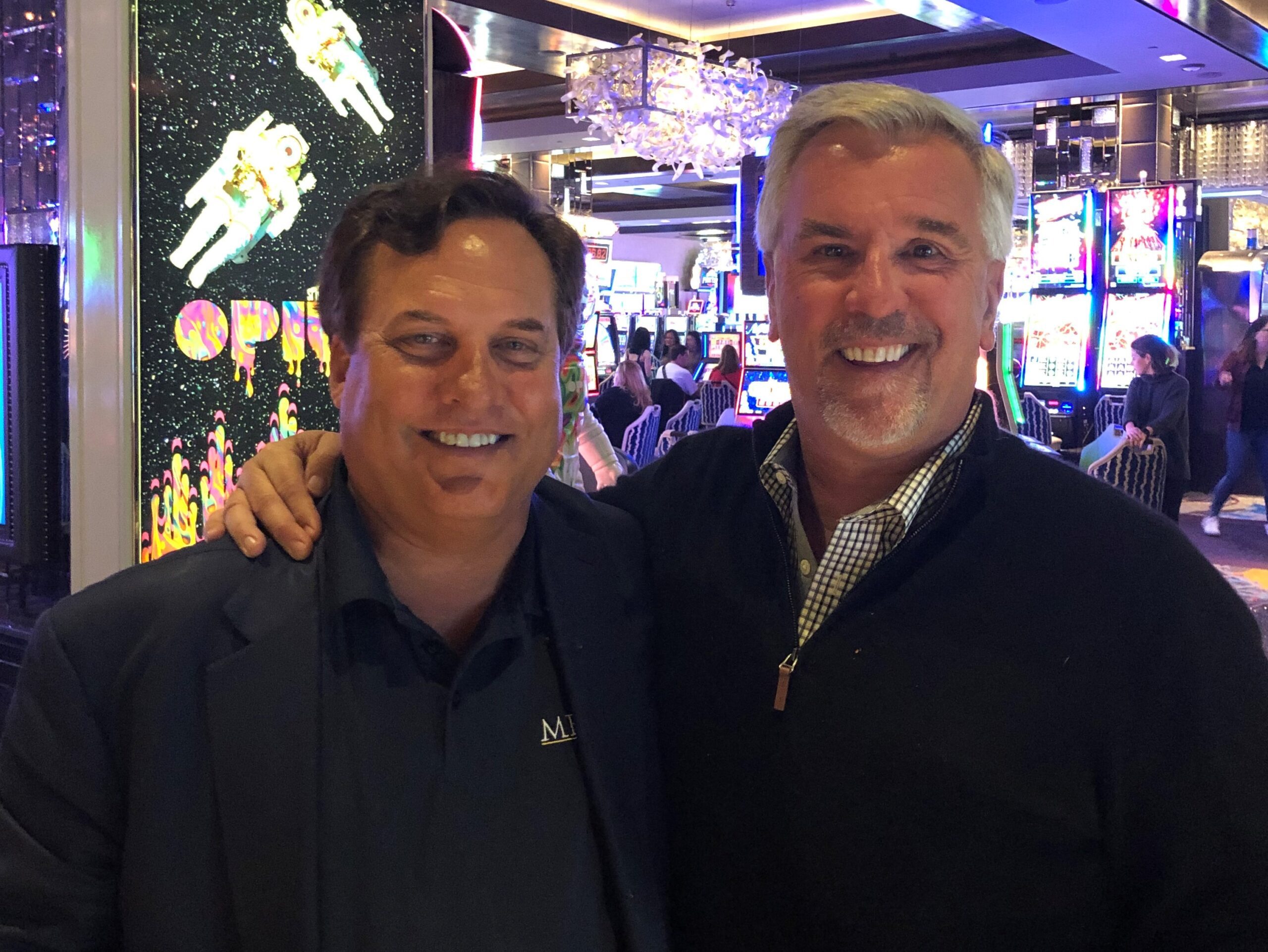Last week’s post discussed proposed Colorado Senate Bill No. 38, “Concerning Measures To Protect Consumers Who Engage A Roofing Contractor To Perform Roofing Services On Residential Property.” The bill is sponsored by Democratic Senator Tochtrop and Republican House Representative Vaad.
Although the bill purports to provide consumer protection against unscrupulous roofers, the bill would actually hurt consumers in several ways if it is passed in its current form. As discussed in the last post, the bill guts some of the protections afforded to consumers under C.R.S. 10-3-1115 and -1116 and bad faith common law by releasing insurers from their duty to perform a timely and thorough investigation of the loss, which often includes a reasonable review and consideration of all damage estimates put forth by the insured homeowner. It also places a huge burden on the homeowner to prosecute roof damages claim against their insurer and a second action in court to pursue damages against a roofing company that caused the non-payment of their roof damage claim.
This bill also hurts consumers because it may force honest, professional roofers to compromise their own accurate scope of work and acquiesce to the insurer’s price and scope of work.
Most roofers will admit that insurance adjusters often influence their scopes of work and prices when the only payment for the repairs is coming from the insurer. Even where a roofer provides an accurate, honest scope of work, roofers sometimes acquiesce to an adjuster demanding a reduced scope of work and reduced price because the roofer wants to get paid timely and doesn’t want to spend months fighting with the homeowner and their insurer over payment for repairs.
This bill puts even more pressure on roofers to acquiesce to the insurer’s scope of work given the following language:
(1) A PROPERTY OWNER WHO ENTERS INTO A WRITTEN CONTRACT WITH A ROOFING CONTRACTOR TO PERFORM ROOFING WORK ON THE PROPERTY OWNER’S RESIDENTIAL PROPERTY, THE PAYMENT FOR WHICH WILL BE MADE FROM THE PROCEEDS OF A PROPERTY AND CASUALTY INSURANCE POLICY ISSUED PURSUANT TO PART 1 OF ARTICLE 4 OF TITLE 10, C.R.S., MAY RESCIND THE CONTRACT WITHIN SEVENTY-TWO HOURS AFTER THE PROPERTY OWNER RECEIVES WRITTEN NOTICE FROM THE PROPERTY AND CASUALTY INSURER THAT THE CLAIM FOR PAYMENT FOR ROOFING WORK ON THE RESIDENTIAL PROPERTY IS DENIED IN WHOLE OR IN PART. THE PROPERTY OWNER SHALL GIVE WRITTEN NOTICE OF RESCISSION OF THE CONTRACT TO THE ROOFING CONTRACTOR AT THE PHYSICAL ADDRESS PROVIDED IN THE CONTRACT WITHIN SEVENTY-TWO HOURS AFTER HE OR SHE IS NOTIFIED OF THE DENIAL.
Based on the above, an insurer could deny coverage for a part of the scope of work. Such a partial denial allows the homeowner to cancel the roofer’s contract and force the roofer to refund any deposit. Given this extreme consequence, many roofers will acquiesce to the insurance adjuster’s reduced scope demands, knowing that the roofer’s contract may be cancelled for even a partial denial by the insurer.
This creates a situation where the insurer, rather than a qualified roofing contractor, determines the scope of replacement or repair work. Because the insurer’s incentive is cost savings, the scope of work is likely to be inappropriately narrow. This hurts consumers because it increases the likelihood that their roof will be repaired “on the cheap” rather than fully repairing and placing the homeowner’s roof to the condition it was prior to the loss—as the policy requires. The bill places too much power with the insurer because the insurer and the roofer both know that even a partial denial of coverage for the proposed scope of work may result in a cancelation of the roofing contract, and the homeowner then selecting a different roofing contractor. An insurer could continue partially denying several roofers’ scopes of work until the insurance adjuster finally gets the homeowner to select a roofer who will acquiesce to the insurance adjuster’s desired scope of work and price.
Next week’s post will discuss this bill’s possible effect on public adjusters and the increased likelihood that roofers may engage in the unauthorized practice of public adjusting without a license.



